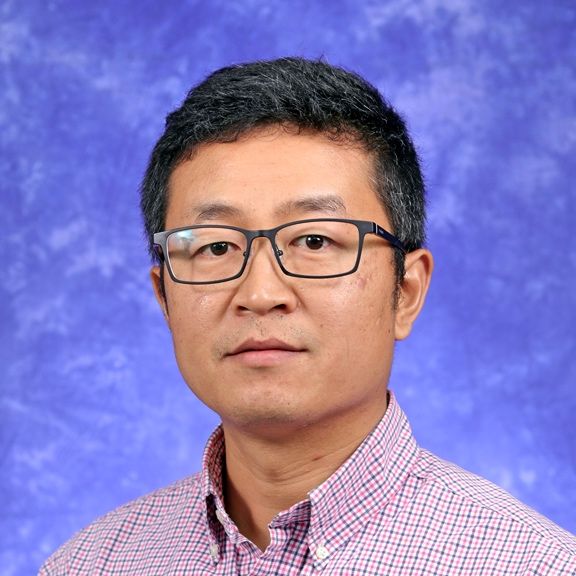随着国家对产业升级的不断重视,对各种人才的需求也是越来越大。同时近年来我国不断加大在科研方面的投入。这就意味着会有更多的小伙伴进入到科研领域中,开启自己的科研生涯。
虽然国家现在希望改革人才评定中的SCI论文主导因素。但是我们也都心知肚明,一旦开启了科研生涯,那就离不开SCI论文写作。而SCI论文的核心或者灵魂部分就是文章的讨论(Discussion)部分。为什么讨论部分如此重要呢?我们又该如何写好文章的讨论部分呢?
文章的讨论(Discussion)部分承载了你对自己研究结果的评论,对自己初始假设的论证,对研究领域其他文献的比较。也是最考验作者科研功力的一部分。今天笔者就来和大家分享一下写作讨论部分的4个技巧。
1. 寻找目标
首先阅读期刊关于讨论和结论部分的指南,确保我们的写作符合期刊的期望和要求。
比如Nature Chemistry 的要求中提到:
The typical length of an article with 3-4 modest display items (figures and tables) is 2000-2500 words (summary paragraph plus body text). A ‘modest’ display item is one that, with its legend, occupies about a quarter of a page (equivalent to ~270 words). A composite figure (with several panels) usually needs to occupy at least half a page in order for all the elements to be visible - the text length may need to be reduced accordingly to accommodate such figures. Keep in mind that essential but technical details can be moved into the Methods or Supplementary Information.
那么当我们在准备手稿的时候,我们就只能在讨论部分放置3-4个图片或者表格,内容的长度也需要注意,包括图片占用的大概字数(equivalent to ~270 words)。同时还提供了建议,基本但技术性的细节可以移到方法或补充信息中。
比如JACS的要中还提到:
Long footnotes should be avoided in Articles and are not permitted in Communications; additional data and peripheral discussion should be placed in the Supporting Information rather than in footnotes. Supplementary references may be placed in Supporting Information.
因此当我们的目标期刊是JACS的时候,不论写全文还是通讯,我们都需要避免使用长脚注;附加数据和外围讨论应放在支持信息中,而不是放在脚注中。
从以上两个期刊我们就可以看到,不同的期刊对文章的要求是不一样的。尤其是讨论部分中我们可能更想放入更多的信息,但是切记要按照目标期刊的要求准备。这样可以让我们对文章有一个整体的把握,一开始就把研究重点突出出来,事半功倍。因此一定要阅读期刊的指南。
2. 挖坑
从对主要发现(或者你要填的坑)的清晰陈述开始。这样的写作将加强读者对我们主要内容的印象,并方便我们在后续的文章中进行其余的讨论。
As a graphene layer alone is rather slippery for adsorbed organic molecules (which normally prefer accommodating on metal surfaces than on graphene)34, an extended flake of graphene, rather than small patches,is crucial for the formation of a well-defined molecular network on a graphene–metal substrate. In this work, a single-layer graphene sheet was epitaxially grown on Cu(111) by chemical vapour deposition with ethyne as the precursor (see the Supplementary Information). Nat. Chem. 12, 1035–1041 (2020)
上文中红色部分就是作者挖的坑:对于石墨烯-金属基底而言,在其表面形成具有明确结构的分子网络至关重要。
In these three samples, Tween 20, Tween 80, and Triton X- 100 have been used, respectively, and all of these surfactants are nonionic in nature (Table 1). Among these three samples, A7 (treated with Triton X-100) shows the best dispersion results and this is due to the presence of π−π interactions between the benzene ring of Triton X-100 and hexagonal rings of carbon atoms on the graphitic surface of MWCNTs. J. Phys. Chem. B 2013, 117, 3161−3166
上面文献的红色部分就是在讨论部分的开始点出自己重要的研究发现(A7 (treated with Triton X-100) shows the best dispersion results),为文章下面的讨论做出铺垫。
以上两种方法没有优劣之分,需要根据自己写文章的需求灵活运用。
3. 填坑
解释为什么我们的研究结果对读者很重要。
When BCM molecules are thermally sublimated from a crucible and adsorbed onto a single-layer graphene sheet that is grown on Cu(111) and kept at room temperature, a well-ordered 2D network forms spontaneously on the surface. Nat. Chem. 12, 1035–1041 (2020)
前面挖坑,这里的红色部分就是填坑,来表现出自己文章的重要性。以前很难很重要的事情,我们实现了。
4. 坦白
描述和解释我们的研究局限,这个我们是不可以忽略或者故意不提的。
Based on our findings, it remains a challenge to uncover the actual reaction process and the exact role of the irradiation-induced temperature elevation for the reversible reaction. A comprehensive investigation on the reversibility of photocycloaddition would be appropriate for a future study to fully understand the underlying intricacies. Nat. Chem. 12, 1035–1041 (2020)
即便是发表在Nature chemistry的文章,也是有局限的。如果我们发的只是一般的文章,我们也一定要提到自己的局限性,并提出以后改进的可能性。
在我们注意了以上提到写作讨论部分的4个技巧之后,我们就可以从寻找目标(阅读目标期刊的指南)——挖坑(必须与你研究内容解决的问题相关)——填坑(为自己的结果解释重要性)——坦白(承认自己的研究局限)入手写作了。
最后祝愿各位小伙伴身体健康,paper多多。






















热门跟贴